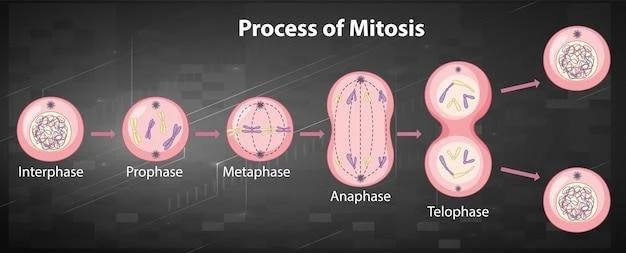Myelodysplastic syndromes (MDS) are common hematologic malignant diseases‚ with an incidence of around 4 per 100‚000 population per year.
Myelodysplastic syndromes (MDS) are among the commonest hematologic malignant diseases‚ with an incidence of around 4 per 100‚000 population per year. The incidence of MDS rises sharply with advancing age‚ reaching over 50 per 100‚000/year in the age group over 80 years. MDS is considered a clonal disorder of hematopoietic stem cells leading to dysplasia and ineffective hematopoiesis in the bone marrow. It is a type of cancer that can progress to acute myeloid leukemia (AML).
Causes and Risk Factors
Myelodysplastic syndromes (MDS) are a group of blood cancers where bone marrow doesn’t produce enough healthy blood cells‚ leading to various risk factors.
Definition and Incidence
Myelodysplastic syndromes (MDS) are common hematologic malignant diseases‚ occurring at an incidence rate of approximately 4 per 100‚000 individuals annually. The prevalence rate is around 7 per 100‚000 individuals. Incidence increases significantly with age‚ especially in those over 80 years old.

Symptoms and Diagnosis
Myelodysplastic syndromes (MDS) manifest with various symptoms due to the abnormal production of blood cells‚ leading to diagnostic challenges and specialized testing.
Effect on Normal Blood Cell Production
In Myelodysplastic syndromes (MDS)‚ abnormal blood-forming cells in the bone marrow disrupt the production of normal blood cells‚ leading to various symptoms and diagnostic challenges.

Treatment Options
Several treatment options are available for Myelodysplastic syndromes (MDS)‚ including medications‚ chemotherapy‚ and stem cell transplantation‚ tailored to each patient’s specific condition.
Clonal Hematopoietic Stem Cell Disorders
Myelodysplastic syndromes (MDS) are classified as clonal hematopoietic stem cell disorders characterized by peripheral cytopenia‚ dysplastic hematopoietic progenitors‚ and a high risk of progression to acute myeloid leukemia.
Prognosis and Progression
The risk of progression to acute myeloid leukemia (AML) is a significant concern in the prognosis of Myelodysplastic syndromes (MDS).
Risk of Acute Myeloid Leukemia
The risk of progression to acute myeloid leukemia (AML)‚ a more aggressive form of blood cancer‚ is a significant concern for individuals diagnosed with Myelodysplastic syndromes (MDS).
Classification and Subtypes
Myelodysplastic syndromes (MDS) are classified based on the World Health Organization (WHO) classification system into various subtypes‚ each characterized by distinct features.
World Health Organization (WHO) Classification System
The World Health Organization (WHO) classification system categorizes Myelodysplastic syndromes (MDS) into different subtypes based on distinct characteristics and features to guide treatment strategies and prognosis.
Research and Future Developments
The FDA Fast Track designation for MDS therapies accelerates the review process for medications targeting this challenging group of blood cancers.
FDA Fast Track Designation for MDS Therapies
The FDA’s Fast Track designation expedites the review process for therapies targeting Myelodysplastic Syndromes (MDS)‚ promising advancements in treatment options for this challenging group of blood cancers.
